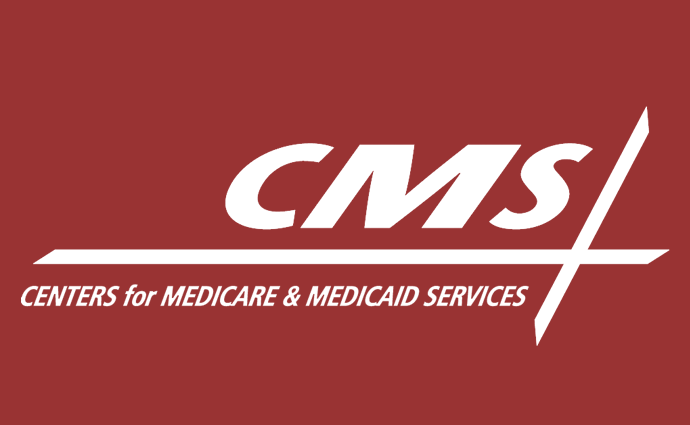CMS Releases Guidance on COVID-19 Data Reporting as Medicare CoP
The guidance details COVID-19 data reporting elements and the enforcement process for failing to meet the new Medicare Conditions of Participation.

Source: Centers for Medicare & Medicaid Services
- New guidance from CMS shares how the agency plans to implement a recent interim final rule that makes COVID-19 data reporting a condition of participation (CoP) in Medicare for hospitals.
The guidance released earlier this week states that hospitals will be terminated from Medicare for failing to report on the over 30 metrics CMS is requiring daily during the COVID-19 public health emergency. The metrics include daily COVID-19 admissions, including those involving ventilated patients, COVID-19 deaths, and other information about hospital utilization related to the virus.
Hospitals will also have to report on supply-related metrics weekly and new metrics on flu cases, which are currently optional but will be mandatory next month.
However, the guidance did reduce reporting on remdesivir- and staffing-related data starting on November 1, 2020, and states that psychiatric and rehabilitation hospitals will only have to report data once per week.
Hospitals that are not complying with COVID-19 data reporting requirements will be sent a notification from CMS starting October 7, 2020. The hospitals will have three weeks to resolve any gaps in compliance, guidance states. After that, CMS will receive a second advisory notice to hospitals that continue to not send data daily.
Following two advisory notices, CMS will issue enforcement notices to hospitals that continually fail to submit required data daily starting three weeks after the second advisory notice. The guidance states that providers will have one calendar week to demonstrate compliance.
CMS will send three enforcement notices before notifying hospitals that it will terminate their participation in Medicare. The fourth and final enforcement notice will contain a notice of termination that will become effective within 30 days unless the hospital complies with COVID-19 data reporting requirements in updated CoP.
In total, hospitals have 14 weeks to comply with the Medicare CoP before being terminated from federal healthcare programs. Termination would mean providers would not receive reimbursement for treating Medicare and Medicaid beneficiaries.
However, the interpretative guidance notes that hospitals will only receive advisory notices until November 18, 2020. After that, non-compliance with the new CoP will result in enforcement notices.
CMS plans to implement the enforcement process throughout the COVID-19 public health emergency.
The American Hospital Association (AHA) called the enforcement process in the latest guidance document “an overly heavy-handed approach that could jeopardize access to hospital care for all Americans.”
“The impact of barring hospitals from Medicare and Medicaid has the potential to harm more than those program’s enrollees, and threatens more than just the life-saving care hospitals are providing to COVID-19 patients. The reality is many hospitals could not keep their doors open should they no longer receive payment from Medicare and Medicaid, affecting care for all Americans in the midst of a global pandemic,” added Rick Pollack, AHA president and CEO, in a statement.
Chip Kahn, president and CEO of Federation of American Hospitals (FAH), a trade association representing tax-paying hospitals, also expressed disappointment with the interpretive guidance, which adds six new daily metrics on the flu.
“It is both inappropriate and frankly overkill for CMS to tie compliance with reporting to Medicare conditions of participation. Caregivers will comply with reasonable data requests, but this sledgehammer enforcement may well weaken the response of frontline hospitals by diverting time and money from battling the pandemic and serving patients,” Kahn said.
On a conference call with reporters, Deborah L. Birx, MD, the White House’s Coronavirus Response Coordinator, emphasized that the data required from hospitals is “critical” and will be used “to understand where this epidemic is, how it's moving through different populations, and ensuring that we're meeting the needs of specific hospitals and communities.”
Hospital COVID-19 data reporting has been a challenge. Pollack described federal reporting requirements as “ever-changing requests” and noted that AHA has “observed errors in data processing and confusion about exactly what was being requested at the hospital, state, contractor, and federal level.”
The group reported that, through collaboration between hospitals and federal agencies, 94 percent of hospitals are submitting data.
An internal CDC presentation obtained by NPR, however, showed that for the week of Sept. 14, only about a quarter of hospitals reported all the required data points every day.
“Hospitals have risen to the challenge of providing vital information to HHS, despite the heavy and unprecedented burden of the reporting process and shifting reporting mechanisms,” Kahn maintained.
